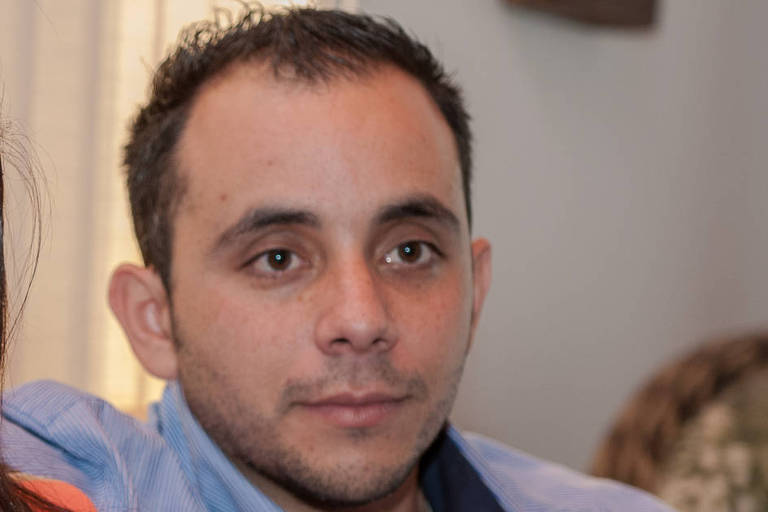Cuban physician Adrian Estrada Barber worked in the Mais Médicos program for three years. During those years, he told Folha, he felt exploited by the program, and he thinks many of his past colleagues will leave Mais Médicos and try to stay in Brazil.
He regretted the end of the partnership with Cuba, but he placed the responsibility on a "political strategy" on Cuba's part, and not on the changes that president-elect Jair Bolsonaro demanded from the Cuban government. Bolsonaro requested proficiency tests, integral stipends for the doctors (currently they receive only part of the amount paid by the Brazilian government; the Cuban government keeps the rest), and that doctors are allowed to bring their families with them.
Barber said he fully agreed with the demands and that the majority of Cuban doctors felt exploited by the program.
"I think all Cubans feel exploited, for sure. We left Cuba to save some money so we can continue our studies later. The stipend was excellent money for us because it was so much more than we could earn in Cuba.
And we did it also to have other experiences, get out, see the world. But once we leave and see how the world works, then, at least for me, there was no going back. I think most physicians feel repressed by the Cuban system. We're not free to do what we want," says.
The doctor left Mais Médicos in 2016 when he took the Revalida, an exam that allows doctors with medical degrees obtained abroad to practice medicine in Brazil. The Cuban government labeled him as a deserter, and he is forbidden to come to Cuba for eight years.
Barber married a Brazilian woman after a months-long legal wait, caused by issues with his Mais Médicos contract. He has a two-year-old son, born in Brazil.
Translated by NATASHA MADOV
